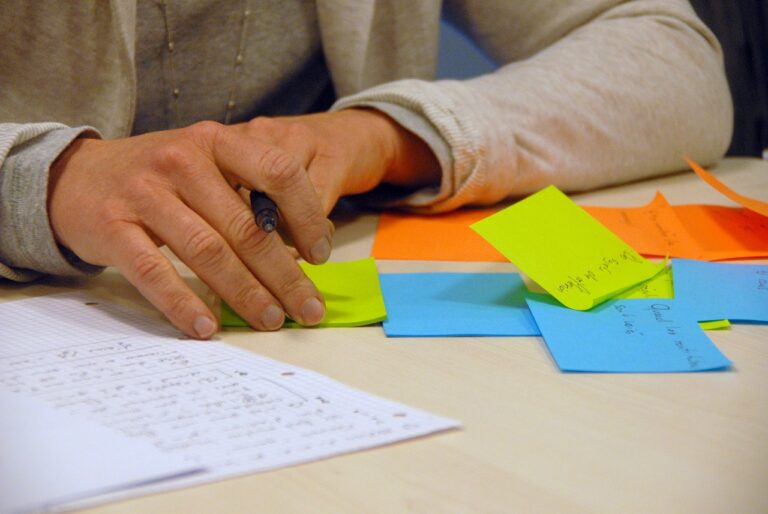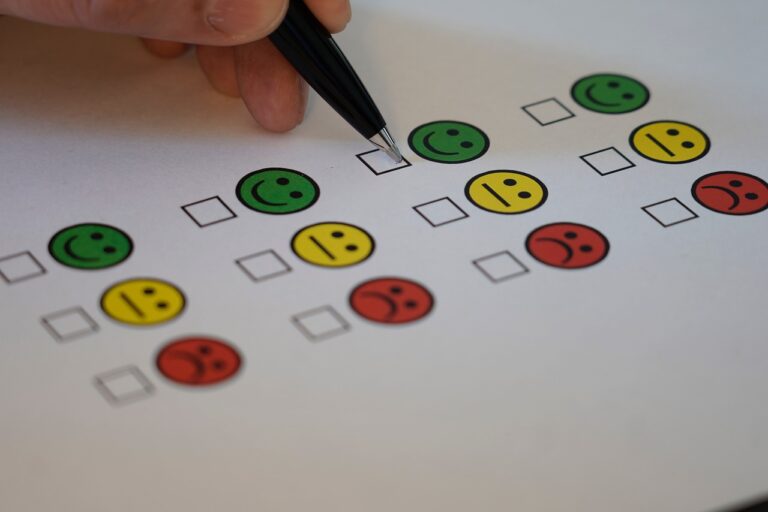The Integration of Social Justice Education in K-12 Curriculum
betbhai99 com login, radheexch, my99exch:Education plays a crucial role in shaping the future of our society. It is through our schools that we have the opportunity to instill values, promote critical thinking, and empower the next generation to create positive change. One area that has been gaining increasing attention in recent years is the integration of social justice education in K-12 curriculum.
What is Social Justice Education?
Social justice education is a framework that aims to promote equity, diversity, inclusion, and social change within educational settings. It seeks to address issues of power, privilege, and oppression, and empower students to become agents of positive change in their communities. By incorporating social justice principles into the curriculum, schools can help students develop a deeper understanding of social issues and encourage them to take action to create a more just and equitable society.
Why is Social Justice Education Important?
Social justice education is important because it helps students develop the skills and knowledge needed to navigate an increasingly diverse and complex world. By engaging with topics such as racism, sexism, homophobia, ableism, and other forms of oppression, students can develop empathy, critical thinking skills, and a sense of social responsibility. Social justice education also helps to create a more inclusive and welcoming school environment, where all students feel supported and valued.
How Can Social Justice Education be Integrated into the K-12 Curriculum?
There are many ways that social justice education can be integrated into the K-12 curriculum. For example, teachers can incorporate diverse perspectives and voices into their lessons, use inclusive language and materials, and create opportunities for students to engage in discussions about social issues. Schools can also provide professional development for teachers, establish affinity groups for marginalized students, and collaborate with community organizations to address systemic inequalities.
Challenges and Opportunities in Implementing Social Justice Education
While there are many benefits to integrating social justice education into the K-12 curriculum, there are also challenges to consider. Some educators may feel uncomfortable discussing issues of power and privilege, while others may face pushback from parents or administrators who are resistant to change. However, by acknowledging these challenges and working together to address them, schools can create a more inclusive and equitable learning environment for all students.
FAQs
Q: Is social justice education appropriate for young children?
A: Yes, social justice education can be adapted for students of all ages. While the topics and materials may need to be age-appropriate, even young children can begin to develop an understanding of fairness, equity, and empathy.
Q: How can parents support social justice education at home?
A: Parents can support social justice education at home by having open and honest conversations with their children about social issues, modeling inclusive behavior, and exposing their children to diverse perspectives and experiences.
Q: How can schools measure the impact of social justice education?
A: Schools can measure the impact of social justice education by collecting data on student attitudes and behaviors, monitoring school climate and culture, and tracking academic outcomes for marginalized students.
In conclusion, the integration of social justice education in K-12 curriculum is essential for creating a more just and equitable society. By empowering students to understand and address issues of power and privilege, schools can help cultivate a generation of informed and engaged citizens who are committed to social change. Let’s continue to work together to make social justice education a priority in our schools and communities.







